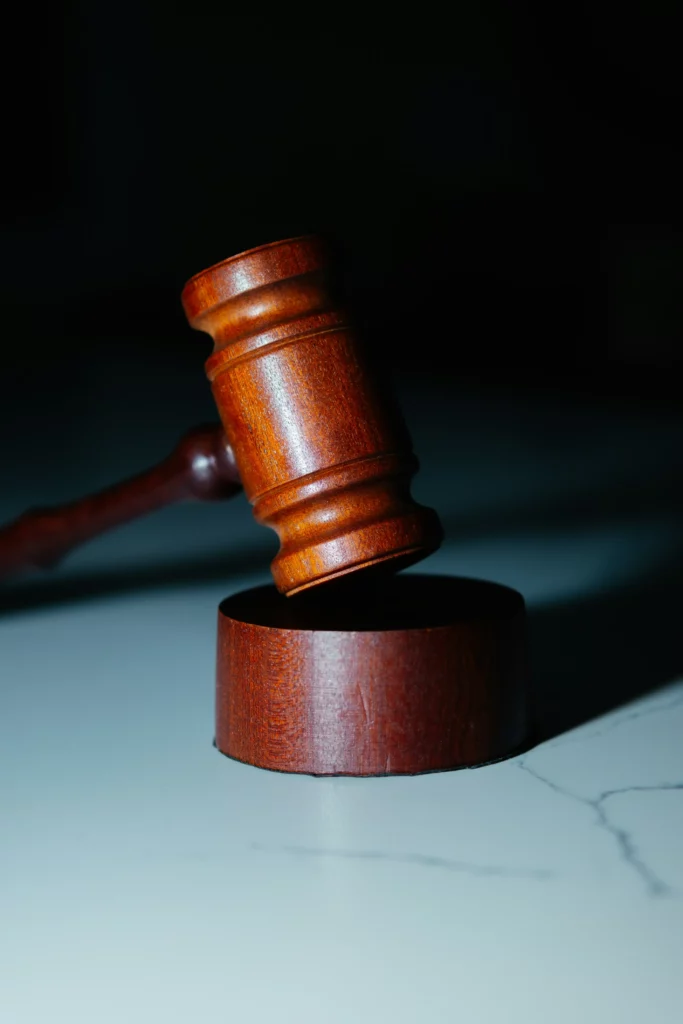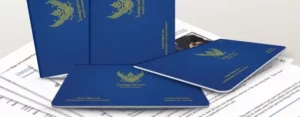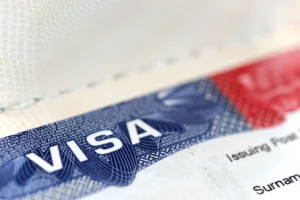Litigation in Thailand is a legal process conducted through the country’s courts to resolve disputes between individuals, entities, or the state. Governed by the Civil and Commercial Code, Criminal Code, and procedural laws, litigation covers civil, criminal, and administrative matters. The Thai judiciary ensures fairness and adherence to the rule of law, while procedural steps and legal traditions may differ from those of other jurisdictions.
1. Structure of the Thai Judicial System
- Civil Courts:
- Handle disputes related to contracts, torts, property, family, and inheritance.
- Criminal Courts:
- Address offenses against individuals and the state, such as theft, fraud, or assault.
- Administrative Courts:
- Resolve disputes between private parties and government entities.
- Specialized Courts:
- Include Labor, Tax, Intellectual Property, and International Trade Courts.
- Supreme Court (Dika Court):
- The highest appellate court for civil and criminal cases.
2. Litigation Process
2.1 Filing a Lawsuit
- Plaintiff’s Complaint:
- Initiates the case by submitting a statement of claim to the court.
- Defendant’s Response:
- The defendant has the opportunity to file an answer within the court-mandated time frame.
2.2 Pre-Trial Procedures
- Mediation:
- Courts may encourage mediation to resolve disputes amicably before proceeding to trial.
- Preliminary Hearings:
- Assess jurisdictional issues and procedural compliance.
2.3 Trial
- Presentation of Evidence:
- Both parties present documentary evidence, witness testimonies, and expert opinions.
- Cross-Examination:
- Witnesses are cross-examined to clarify or challenge evidence.
2.4 Judgment
- The court renders a decision based on the evidence presented and applicable laws.
2.5 Appeals
- Parties can appeal the decision to higher courts if they believe procedural or substantive errors occurred.
3. Key Features of Litigation in Thailand
- Language of the Court:
- Proceedings are conducted in Thai. Foreign parties must use translators or engage Thai-speaking attorneys.
- Role of Judges:
- Judges are actively involved in questioning witnesses and interpreting evidence, a hallmark of Thailand’s inquisitorial legal system.
- Statute of Limitations:
- Civil and criminal claims are subject to time limits, varying by case type.
- Legal Representation:
- Representation by licensed Thai attorneys is mandatory for court filings and appearances.
4. Costs of Litigation
- Court Fees:
- Determined as a percentage of the claim value in civil cases. Criminal cases often have minimal filing fees for victims.
- Attorney Fees:
- Fees vary based on complexity, with additional costs for expert witnesses and document translations.
- Security for Costs:
- Foreign plaintiffs may be required to deposit security for costs to ensure payment of court expenses.
5. Enforcement of Judgments
- Civil Judgments:
- Enforced through asset seizure, wage garnishment, or other legal means.
- Criminal Judgments:
- Penalties may include fines, imprisonment, or restitution to victims.
- International Enforcement:
- Thailand enforces foreign judgments based on bilateral treaties or reciprocity principles.
6. Common Challenges in Thai Litigation
- Language Barriers:
- Non-Thai speakers often face difficulties in understanding legal proceedings.
- Lengthy Processes:
- Cases may take months or years to resolve, especially at the appellate level.
- Cultural and Procedural Differences:
- Foreign litigants must adapt to Thailand’s unique legal customs and judicial practices.
7. Alternative Dispute Resolution (ADR)
Thailand encourages mediation and arbitration as alternatives to litigation for resolving disputes efficiently. The Arbitration Act B.E. 2545 (2002) governs arbitration, making it a preferred method for international business disputes.
Conclusion
Litigation in Thailand offers a structured pathway for resolving disputes but requires careful navigation of local laws, customs, and procedures. Engaging experienced Thai legal counsel ensures compliance and increases the likelihood of a favorable outcome. While litigation can be time-intensive and complex, it provides an essential mechanism for justice and accountability within Thailand’s legal system.




